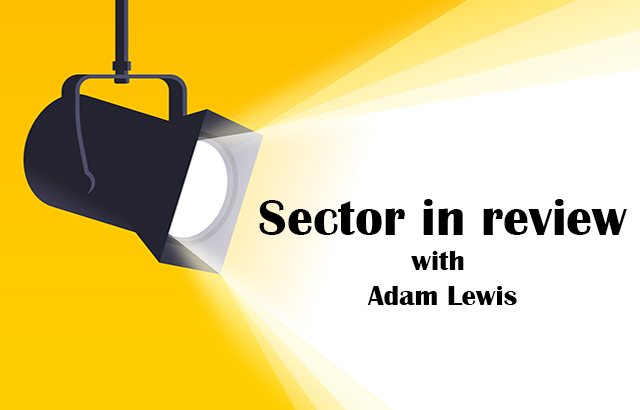For investors wanting exposure to fixed income, strategic bond funds have long been a popular choice for those investors who can’t decide which areas of the asset class to hold at different times.
Advertised almost as the multi-asset option for fixed income, this is because funds in the IA Strategic Bond sector have the flexibility to invest across the entire bond spectrum from the safety of government bonds, to credit and high yield.
However despite rises in bond yields and interest rates over the last 12 months, the popularity of the IA Strategic Bond sector has nosedived in 2023, with the sector seeing net outflows of some £2.2bn over the year to October according to latest data from the Investment Association (IA).
So is this a case of investors preferring to do their own allocation, or are investors still wary of fixed income in general after the asset class posted a 23% loss in 2022?
Chris Metcalfe, chief investment officer at Iboss, said for several years up to the period when most believed inflation was going to be transitory, it had a relatively small allocation to strategic bonds.
“Managers in this space have two primary sources of alpha: duration and credit quality,” he said. “The potential to add significant value by playing duration was minimal, but that all changed following Powell’s inflation epiphany at the end of 2021.”
Metcalfe added another cause of its reluctance to embrace active managers in the strategic bond space was that many feared getting too far away from their peer group.
“Some appeared to take insufficient risk and remained longer duration than either they needed to or than proved advisable with the benefit of hindsight,” he said.
As a result, Metcalfe said Iboss brought in more passive short-duration funds as it never subscribed to many central banks’ assertions about inflation being permanently conquered.
“While prepared to make these moves, we prefer to leave much of the tactical heavy lifting to the active strategic bond managers,” he added. “It may be that other discretionary managers feel similarly let down by many of the active managers, hence the large amounts of withdrawals in 2023.”
As a result over the last few quarters, Metcalfe noted Iboss has been increasing its allocation to active strategic bond managers, with the latest addition being the M&G Optimal Income fund, managed by Richard Woolnough.
“Managers now have a complete toolkit to produce alpha as volatility in the bond markets remains high,” he said.
“Even with the stellar returns from fixed income since Powell once again turned dovish at the end of October, we remain optimistic for this sector for 2024,” he added. “We expect inflation to remerge at some point, but that is an issue for another day.
Following one of the worst markets for bond investors in over four decades, Darius McDermott, managing director of Chelsea Financial Services, said 2023 has seen a significant turnaround in fortunes for fixed income.
“The outlook for fixed income is expected to continue on this positive trajectory in 2024 as the market consensus is that interest rates have peaked and inflation will moderate, creating a favourable environment for bond investors,” he said.
While noting those investors in search of a “one-stop shop” for their fixed income allocation may prefer to use a strategic bond fund, he added the managers utilising this flexibility can take strikingly distinct approaches.
“Two funds we like within the sector are the Baillie Gifford Strategic Bond and Nomura Global Dynamic Bond funds, both of which take contrasting strategies,” McDermott said.
For example he said the Baillie Gifford Strategic Bond fund aims to produce a monthly income from a concentrated portfolio of mainly UK fixed income securities.
“Stock picking is the primary focus of the fund’s managers, Torcail Stewart and Lesley Dunn, and this helps set them apart from many of their peers,” he said. “They look to take advantage of inefficiencies at the stock level and believe that detailed research can enable them to deliver consistent outperformance.”
McDermott said he likes this approach because trying to forecast interest rate movements and second guess central bankers is “notoriously difficult”.
He added the Nomura Global Dynamic Bond fund, on the other hand, takes an unconstrained, global approach to its pursuit of total returns.
“Manager Richard ‘Dickie’ Hodges assesses the global economy to identify attractive sectors and themes and then uses fundamental analysis to find the best ideas,” McDermott said. “He also invests across the entire bond range, including government and corporate bonds, as well as emerging market products and inflation-linked assets.”
The end result for McDermott is that investors seeking nuanced and diversified exposure to fixed income may find strategic bond funds valuable.
“However, the sector’s diversity in styles and approaches requires careful selection to align with individual investment preferences and risk tolerance.”








